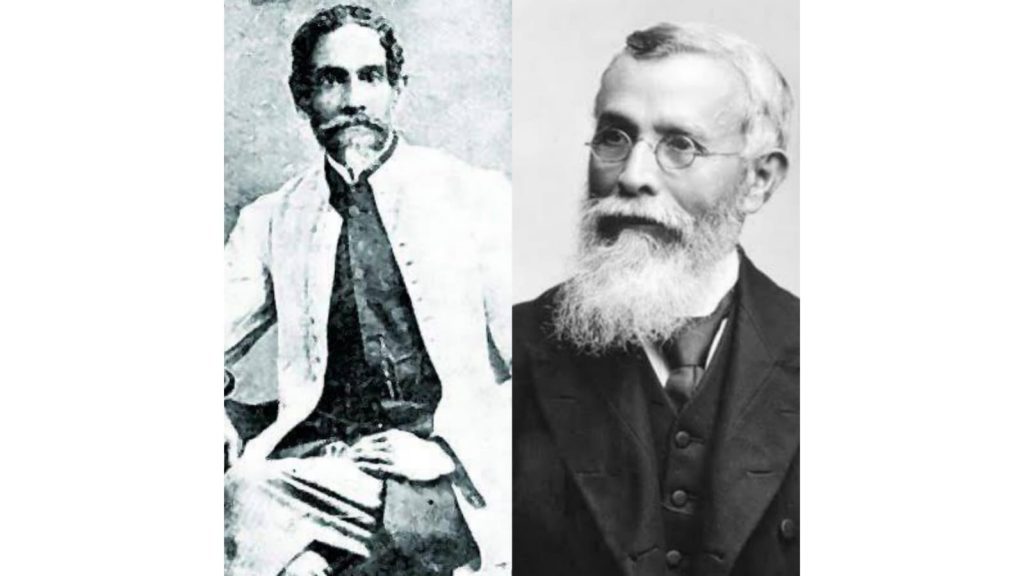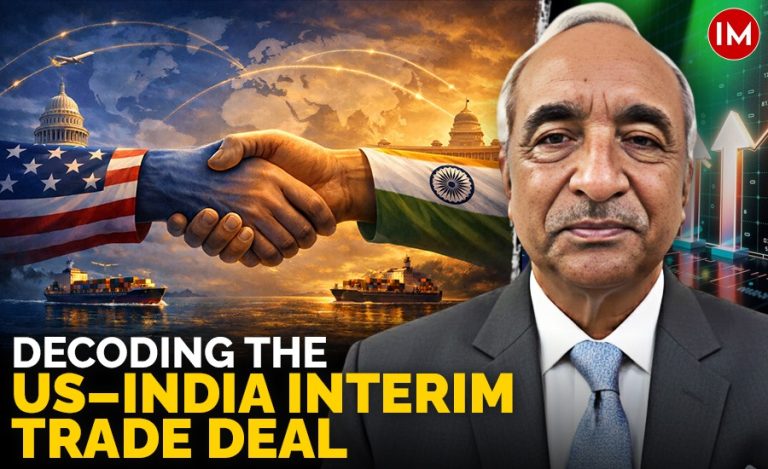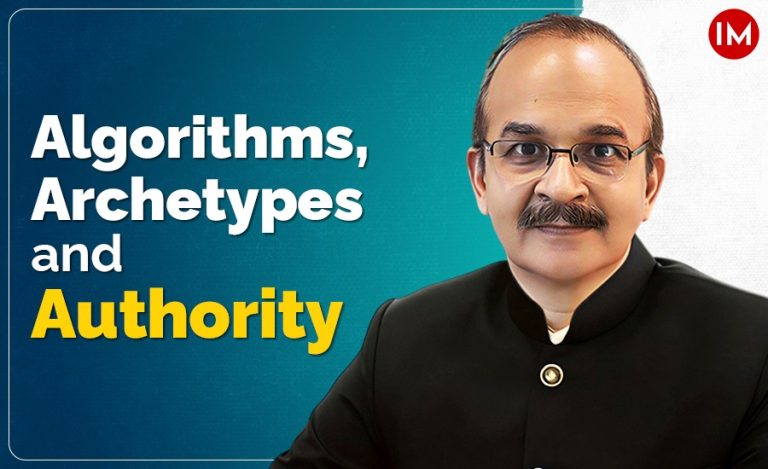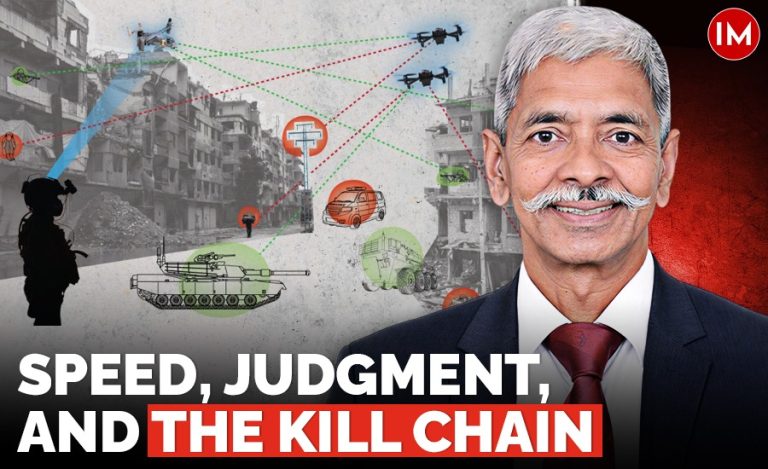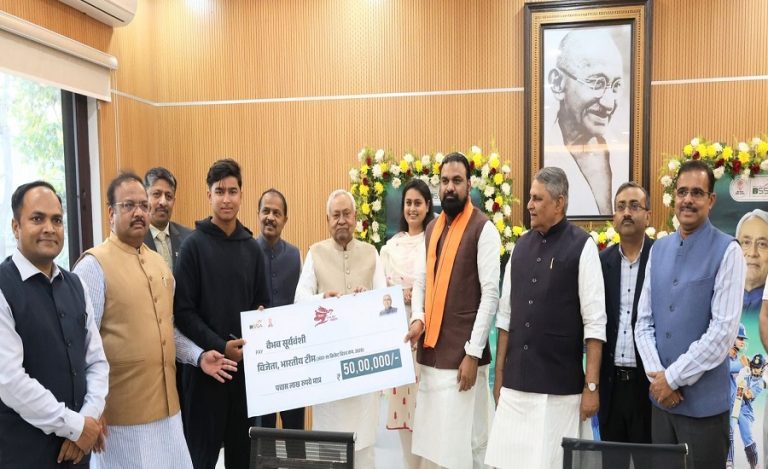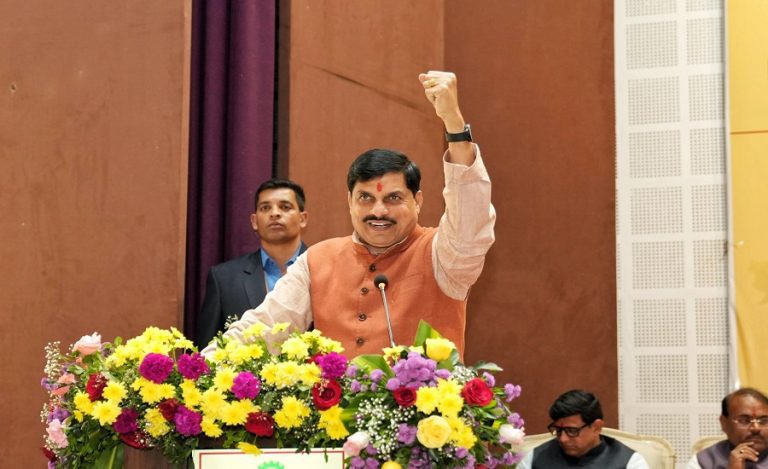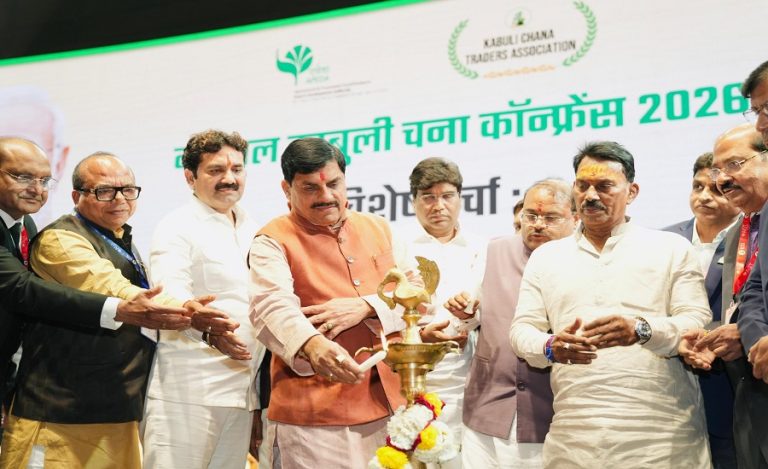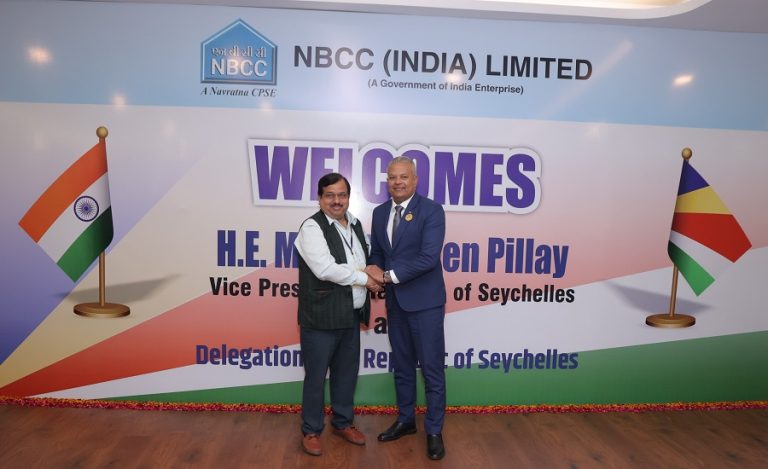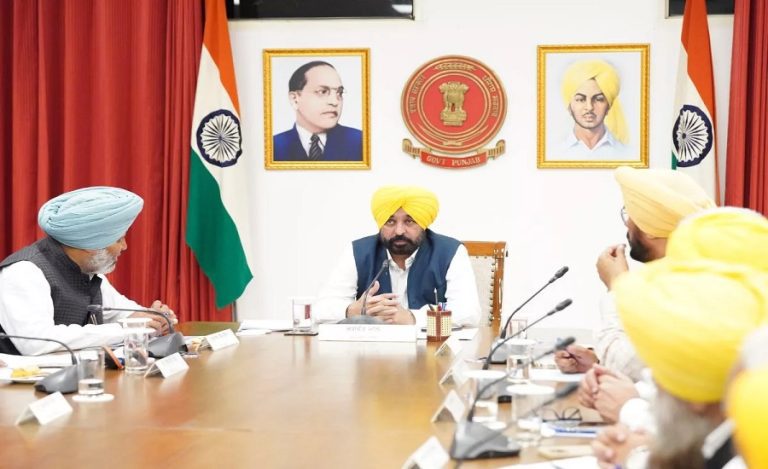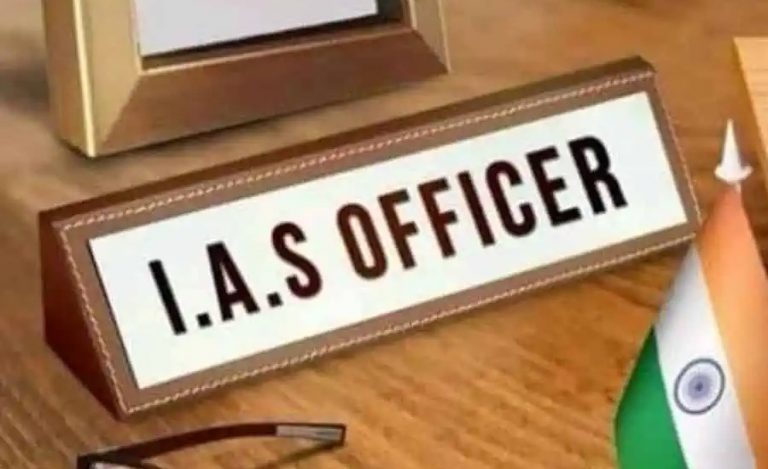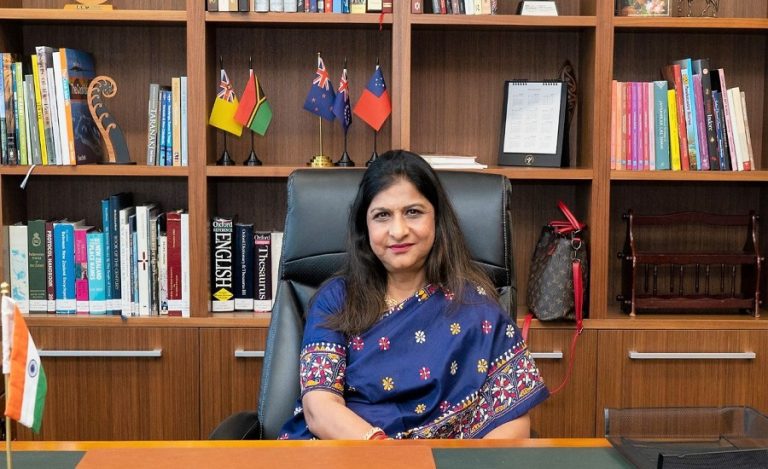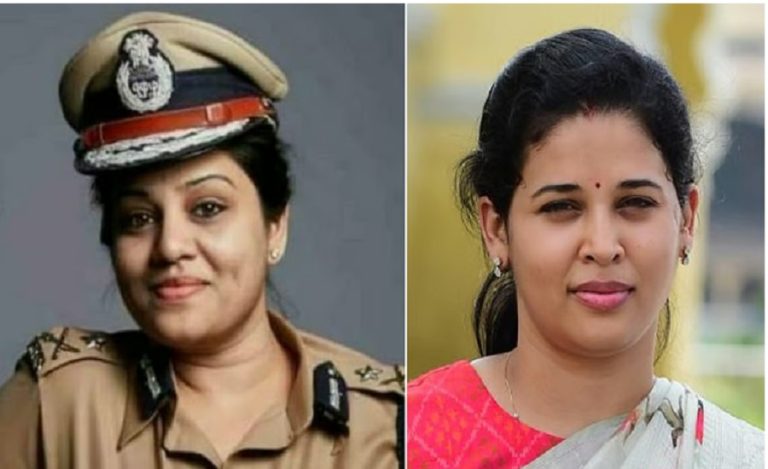Memoirs written by the ICS officers have become classics and standard reference material for the concerned period because unlike professional historians, who base their research on archival material of the past, or journalists who file their reports on what they have seen or heard, a scholar-administrator writes from his lived experience. He is the witness to an era, and many a times an active participant in the making of history. Let me therefore begin this series with the writings of the officers who first broke the glass ceiling and joined the ranks of the administrative elite in our country.
SATYENDRANATH TAGORE
The first Indian to join the ICS officer in 1863 was Satyendranath Tagore. He was assigned to the Bombay Presidency and posted on the judicial side. He retired as the District Judge of Satara. He was a polyglot with proficiency over Bengali, Sanskrit, Persian, Latin, English and Marathi. Unlike his European batchmates, he never made it to the position of Chief Commissioner or a member of the Viceroy’s or Governor’s Council, but he engaged himself with his writings as well as his legal works. A man much ahead of his times, his wife and sisters were amongst the first Indian women to step out of the house. His wife was the first Indian lady to attend a reception at the Government House.
He wrote twelve books – nine in Bangla and three in English books. These included Sushila (play, 1867), Bombay Chitra (1888), Nabaratnamala, Strisvadhinata, Bauddha Dharma (1901), Amar Balyakatha O Amar Bombay Probas (1915), Bharatvarsiya Engrej (1908) and Raja Rammohan Roy that earned considerable fame. His translated works Tilak’s Bhagavadgitabhasya, Kalidasa’s Meghaduta and Tukaram’s Abhanga Vani deserve special mention. His translation of the autobiography of Maharishi Devendranath Tagore is indeed a classic which talks about the spiritual fervour, intellectual resurgence and the challenge faced by the leaders of the Bengal renaissance – not just from the conservative sections of the Hindu society, but also from the British missionaries on the other. He also composed quite a few Brahmo and patriotic songs and for some time edited the Tattva Bodhini Patrika.

It is a matter of great satisfaction that that the Government of West Bengal has set up an exhibition on him, and his books, private papers and artefacts at the Netaji Subhas Bose Administrative Training Institute and named the Civil Services Study Centre after him.
SIR SURENDRANATH BANERJEA
The next three Indians to join the ICS in 1869 were SN Banerjea, RC Dutt and Behari Lal Gupta. The most prominent book of this period is A Nation in the Making by Sir Surendranath Banerjea, who was also called Surrender Not Banerjea. Banerjea was eased out of the Service on a technical issue, but he bore no grudges. In fact, he made a great name for himself as a teacher, editor, public intellectual and legislator.
His book documents the difficulties and challenges faced by the Indians who joined the ICS, the prejudice they faced and the deliberate attempts to keep them out from the core executive functions. It is from this book that one learns that the tradition of pan-India public lectures was started by him when he campaigned for the simultaneous conduct of the ICS examination in India as well as the UK. He was hosted in Poona by Mahratta, the newspaper founded by Bal Gangadhar Tilak – with whom later he had some differences, for he was more in the mould of Ranade; in Lahore by Sardar Surinder Singh Majithia, the founder editor of the Tribune; and by Sisir Kumar Ghosh, the editor of Amrita Bazar Patrika, at Allahabad.
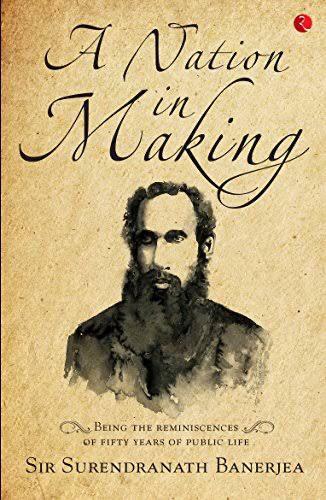
It is true that in Calcutta, the Bengalee – the newspaper founded and edited by him – was in competition with Amrita Bazar’s English edition, but such was the spirit of the time, that when it came to voicing the demand for reforms in administration, especially the ICS, all the nationalists joined hands. SN Banerjea was elected as the President of the INC twice, and in his autobiography, he talks about taking fifteen days off to the hill station of Giridih in Bihar to work on the Presidential address for the Lahore session of the Congress.
(To be continued…)
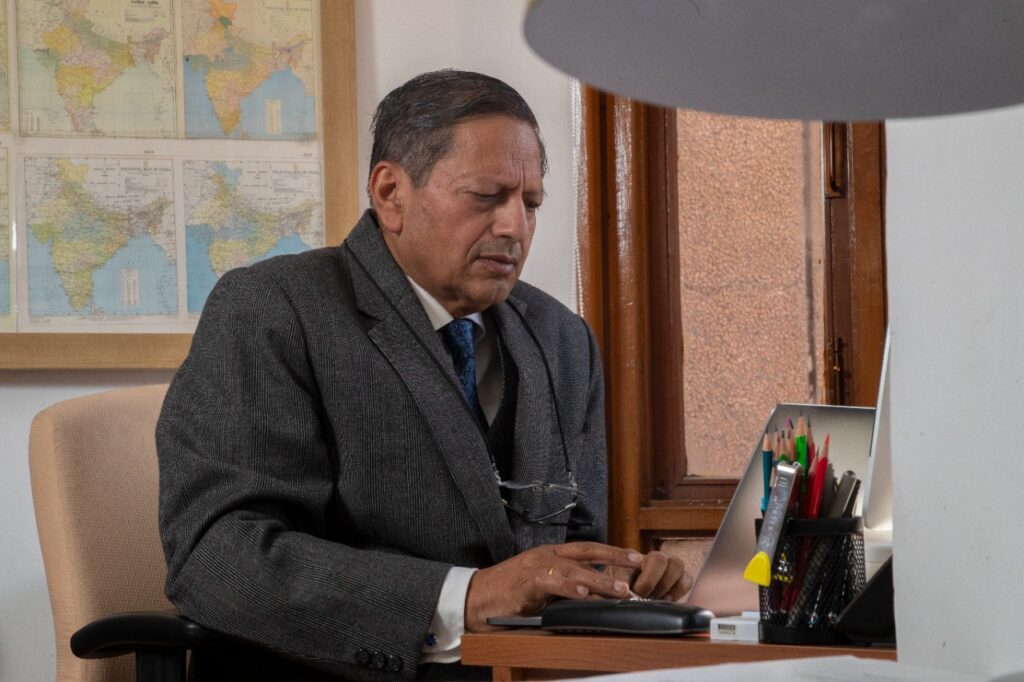
(This column is by Dr Sanjeev Chopra, Distinguished Fellow, USI, New Delhi, Fellow of the Royal Asiatic Society of GB & I, London, HRA, LMFSAI, Harvard University, Historian, Columnist, and Festival Director, Valley of Words: International Literature & Arts Festival, Dehradun www.valleyofwords.org)

